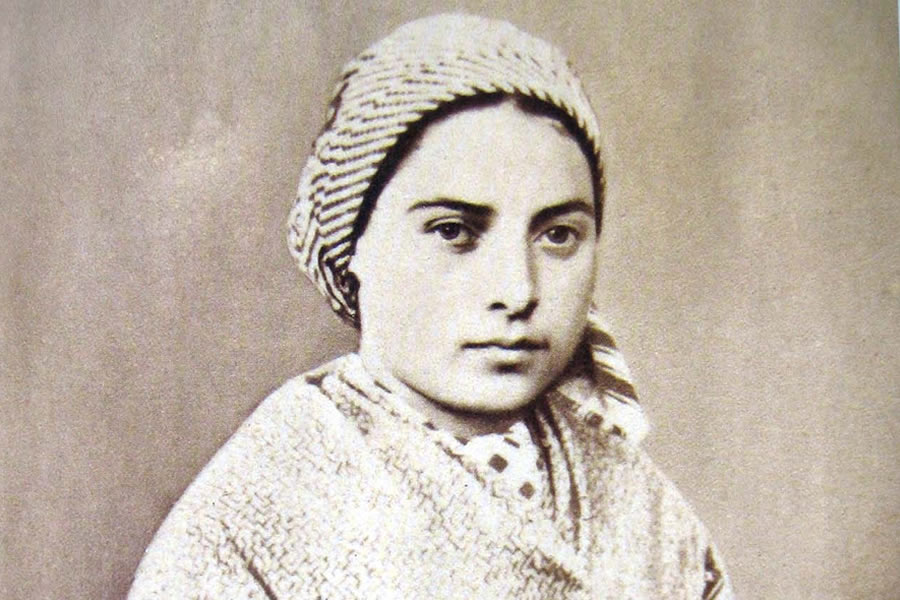
Relics of St. Bernadette Part 2: Why are relics significant?
07-03-2022Letter from the PastorFr. Don Kline, V.F.Dear Brothers and Sisters,
It might be helpful to cite a recognized Church authority on the matter, (i.e., The Catechism of the Catholic Church (CCC) or perhaps The Code of Canon Law) to provide “legitimacy” to the answer to: “Why are relics significant?”
CCC No.1674: “The religious sense of the Christian people has always found expression in various forms of piety surrounding the Church’s sacramental life, such as the veneration of relics…” Also, regarding veneration, the CCC’s Glossary states, “Veneration must be clearly distinguished from adoration and worship, which are due to God alone.”
The Code of Canon Law: Can. 1186: “To foster the sanctification of the people of God, the Church commends to the special and filial reverence of the Christian faithful the Blessed Mary ever virgin, Mother of God, whom Christ established as the mother of all people, and promotes the true and authentic veneration of the other saints whose example instructs the Christian faithful and whose intercession sustains them.”
What do we do with relics?
The Catholic veneration of relics is based not only on the natural respect for everything related to people held in great esteem and affection, but above all on the religious veneration due to martyrs and saints as heroes of the faith and models of Christian perfection. So, the Catholic veneration of the relics of saints PERTAINS TO GOD,. Thus, relics are venerated only to honor the holiness of God. The body of the saint is the object of a special veneration because:
- he or she was the instrument of the Spirit to accomplish Gods plan: holiness.
- he or she was the living temple of the Holy Spirit, as Saint Paul teaches us (1 Cor. 6:19);
- he or she will rise again one glorious day to receive the reward of eternal happiness in Paradise.
Therefore, at the heart of the veneration of the relics of the saints, we find the Catholic faith, in particular the dogma of the resurrection of the flesh and the confidence in the power of intercession of the saints. The relics are not given the worship of “latria” (supreme worship allowed to God alone) nor is a particular power of intercession of the Saint before God attributed to them. The relics are not worshiped, writes Saint Jerome but the relics of the martyrs are venerated to adore the One whose martyrs, that is to say witnesses, they are. The veneration of relics is all about FAITH -- we thank God for the faith of His saint, and as we reflect on and learn more about this saint’s faith, we pray that God will renew and increase it in ourselves.
BACK TO LIST